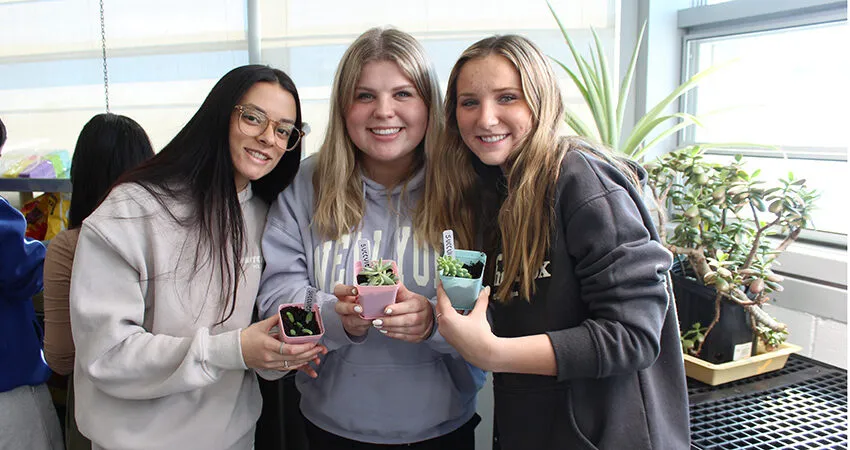Explore the wonder of life.
Learn how life works, from single cells to plants, animals, and ecosystems
The Biology Major is one of the Biology Department‘s key degree programs. It provides foundational knowledge across the breadth of the discipline while incorporating hands-on learning in every course. The comprehensive math, chemistry, and physics requirements will prepare you for a wide range of careers and further study in STEM and health-related fields. Classes and labs are taught by faculty members, not teaching assistants, so you can learn from the experts in their field. Participate in faculty-led undergraduate research on topics like microbiology, cancer biology, conservation biology, plant biology, marine biology, evolutionary biology or human movement and perception.
What You Will Learn
- How life works at at all levels, from molecules and cells to organisms and ecosystems
- Scientific methodology to solve problems and hands-on laboratory and field research skills
- How to analyze data and communicate scientific knowledge
- How to connect your knowledge of biology to important issues facing our society in the United States, such as climate change and public health

Student Stories
STEM at Worcester State
Specialized Programs for Biology Majors
-
The accelerated Pharmacy and Health Science option gives you the skills to be a world-class pharmacy professional in a wide variety of rewarding careers. Worcester State partners with Massachusetts College of Pharmacy and Health Sciences (MCPHS) to provide you with the most cutting-edge pharmacology education possible. This program includes three years of study at WSU and three years at MCPHS, leading to completion of both BS and PharmD degrees. Students should consult with the program liaison (Dr. Daron Barnard, Biology Department) as soon as possible to plan their academic programs. A minimum of 120 credits is required for graduation. View requirements and timeline.
-
The purpose of this interdisciplinary minor is to prepare students to enter the computer-intensive fields of bioinformatics, computational biology, computational chemistry, and molecular modeling, including genomics and proteomics. With the ever-increasing number of fully sequenced genomes, including the human genome, biological databases have grown at such a rate that storing, organizing, indexing, and ultimately mining the data have become key to answering biological questions. The methodologies of genomics, transcriptomics, and proteomics analyze genome structures, patterns of gene expression, and protein structure and function, respectively. Information obtained by computational biology and computational chemistry is used in the design of new drugs to treat a variety of diseases. Major drug and biotechnology companies are eager to hire people trained in the combination of biology and computer science skills that this minor provides. View requirements and timeline.
-
This concentration is intended for biology majors who aspire to attend medical school, dental school, or veterinary school after completing their undergraduate degree. The concentration is a means to ensure that you have the best possible academic preparation and advising as you prepare for a post-graduate program. The Pre-Medical Concentration requirements include courses that are not part of the Biology Major but are designated as core prerequisites for these professional schools as well as some additional courses that are not part of the core prerequisites but are strongly recommended.
The concentration curriculum also includes a one-credit seminar taken during the sophomore or junior year that is designed to familiarize you with the requirements for admission to medical, dental, and veterinary schools. The seminar will help you develop a personal plan for fulfilling these requirements so that you have the best possible chance of admission to postgraduate study.
Grade point averages of at least 3.2 overall and 3.2 in biology, chemistry, math, and physics courses are required for the Pre-Medicine Seminar.
*Only Biology majors will be eligible for this concentration. The 13 credits specified for the concentration include the courses required for the concentration that are not required for the Biology Major. Students will still have to complete all of the credits required for the major as well.
-
The Honors Program in Biology is a distinction bestowed on those outstanding undergraduate biology majors who have demonstrated distinct competence in overall biology coursework and have completed an independent research project of substantial merit. This program offers motivated students the opportunity to develop research and communication skills in preparation for graduate school or a professional career.
For more information and specific program requirements, contact Dr. Randall Tracy in the Department of Biology.
-
The Five Year Combined 4+1 BS/MS Program in Biotechnology is open to eligible students and includes three courses (10 credits) that count toward both the undergraduate and graduate degrees. Students should apply in the fall semester of the junior year. The first three years are the same as the Biotechnology B.S. Program. Students begin a research project in the Spring semester of the fourth (senior) year. Application requirements include a minimum of 3.0 GPA, two letters of recommendation, and the GRE. View requirements and timeline.
Take the next step towards a Biology degree
Explore sample courses in the Biology Major. -
-
-
-
-
-
-
-
-
-
-
-
-
-
-
-
-
-
BI-140 Introduction to Organismal Biology
BI-141 Introduction to Cellular and Molecular Biology
BI-200 Human Biology
BI-202 Principles of Ecology
BI-203 Genetics
BI-204 Microbiology
BI-303 Parasitology
BI-307 Human Movement and Perception
BI-315 Comparative Neurobiology
BI-331 Marine Biology
BI-334 Wildlife Biology
BI-340 Plant Sciences
BI-360 Animal Behavior
BI-375 Virology
BI-398 Cancer Biology
BI-430 Field Biology
BT-376 Biotechnology
BT-378 Bioinformatics
Prerequisites and required courses for Biology Major
Meet the Biology Faculty

Jennifer Hood-DeGrenier
I am a cell and molecular biologist with interests in genetics, biochemistry, cancer biology, and science writing. Most of my research has been conducted using the budding yeast (Saccharomyces cerevisiae) model system. I have investigated the role of [...]
Daron Barnard
I study the molecular mechanisms that control early development, using the African clawed frog (Xenopus laevis) as a model organism. I am particularly interested in understanding the molecular and genetic mechanisms used to silence mRNAs before they [...]

Stephen Gee
I am interested in the ways molecules and cells regulate how organisms develop. The ability of two genetically diverse cells (egg & sperm) coming together to start the process of forming such complex organisms made of so many diverse cell types [...]
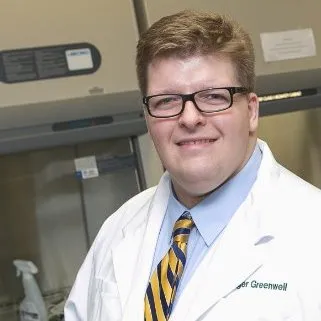
Roger Greenwell
My research projects include: [...]

Aleel Grennan
I am a plant physiologist. My research interests is on the role of the chloroplast in plant growth and development, focusing on plant responses to changing light environments. My work encompasses plant responses to light at multiple levels – from [...]

Yan Hu
I conducted basic and applied research with the free-living roundworm model -Caenorhabditis elegant. My research focuses on two aspects: 1) Investigating Bacillus thuringiensis (Bt) crystal (Cry) proteins that have the potential to be developed as [...]

Jaime Mancilla
I obtained a Ph.D. in Neurobiology from the University of Chicago and have worked at Brown University and the University of North Carolina as a Postdoctoral Research Associate. My research has focused mainly on understanding how the brain processes [...]

Maura Collins
Scientist with over ten years experience teaching Microbiology, Fermentation Technology, and Process Development related courses. Interests include microbiome studies using chemostat systems and large scale cultivation of animal cells to produce [...]

Luis Rosado
My name is Luis Rosado and I am an Assistant Professor in the Biology department. My research interests are in the field of human action and perception. I am specifically interested in how visual perception informs our ability to navigate our [...]
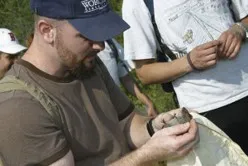
Randall Tracy
In my own research, I continue to investigate animal adaptations to their environments and couch many of my studies within Conservation Biology. By coupling physiological to ecological studies, I am able to test competitive interactions among species [...]
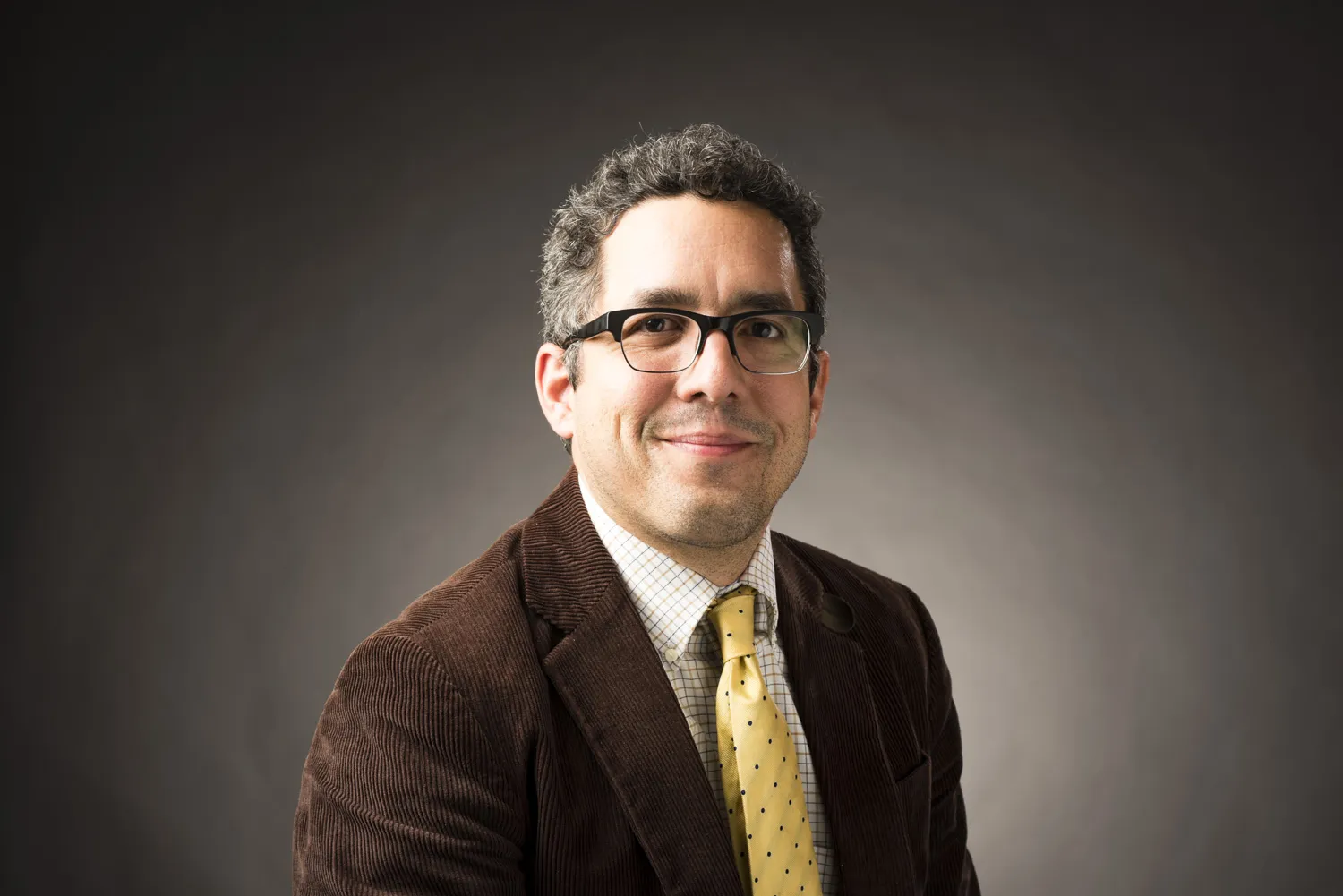
Sebastián Vélez
My students and I try to solve questions of arthropod phylogeny and biogeography. We use data from DNA sequencing, Scanning Electron Micrography (SEM), light imaging, and GPS. We analyze these data with computer phylogenetics software, and other [...]
Where Will Your Biology Degree Take You
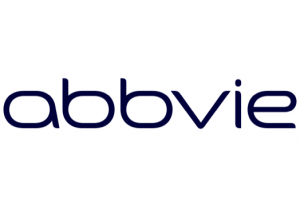







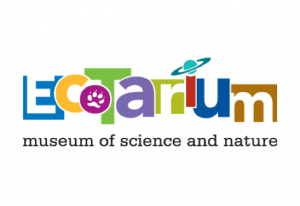

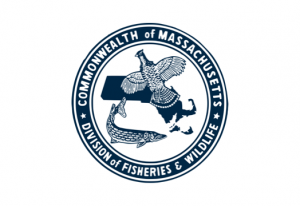
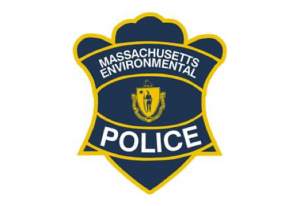

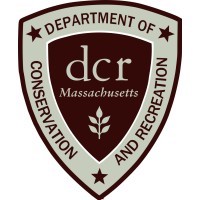



















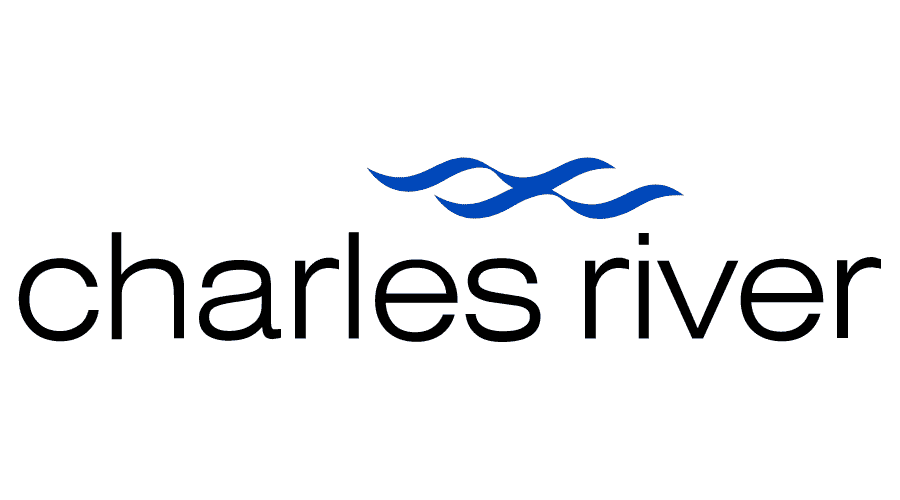
Estimated Biology Major Salary
Median Annual Salary: $70,000 according to the U.S. Bureau of Labor Statistics (as of 2023)
Careers in Biology
- Research scientists work in all types of biological research, including biological diversity and cancer biology research. They conduct experiments, collect data, and analyze findings to further our understanding of biological processes. They may work in academic institutions, government agencies, biotechnology companies, pharmaceutical companies, or research organizations.
-
Environmental scientists and conservation biologists study the natural environment and how human activities impact ecosystems, cause habitat loss and jeopardize endangered species. They may conduct fieldwork, analyze environmental data, and develop strategies for environmental conservation or management. They often work for government agencies, consulting firms, non-profit organizations, or research institutions, including the Society for Conservation Biology.
- Many individuals with a biology degree pursue careers in healthcare, including positions such as physician assistant, pharmacist, nurse, or medical researcher. These roles may involve diagnosing and treating illnesses, conducting medical research, or providing patient care.
- Biotechnologists apply principles of biology to develop products and technologies for various industries, including healthcare, agriculture, and environmental conservation. They may work for biotechnology companies, pharmaceutical companies, research laboratories, or academic institutions. They investigate everything from molecular biology to cancer cells.
- Biology degree holders can also pursue careers in education, teaching biology at the high school or college level. They may work in public or private schools, colleges, universities, or education outreach programs.
- A marine biologist studies marine organisms and their interactions within the marine environment, using research vessels to explore diverse marine ecosystems such as coral reefs, the deep sea, and coastal waters. They conduct research to understand marine life and marine conservation, contributing to the field of marine science by analyzing the health, behavior, and relationships of species in these aquatic habitats. The also investigate the human impact on the ocean, a vital natural resource.
These are just a few examples, and there are many other career paths available to individuals with a biology degree, including roles in agriculture, forestry, food science, biotechnology, conservation, and more. The specific career options may depend on factors such as specialization, level of education, experience, and personal interests.
Recent News from the Biology Department
University Greenhouse Reopens for Learning, Research and Activities
The greenhouse, located on the roof of the Ghosh Science and Technology Center, closed for repairs in early December and the newly renovated space reopened with a ribbon cutting ceremony February 11.
Clubs and Organizations in Biology






